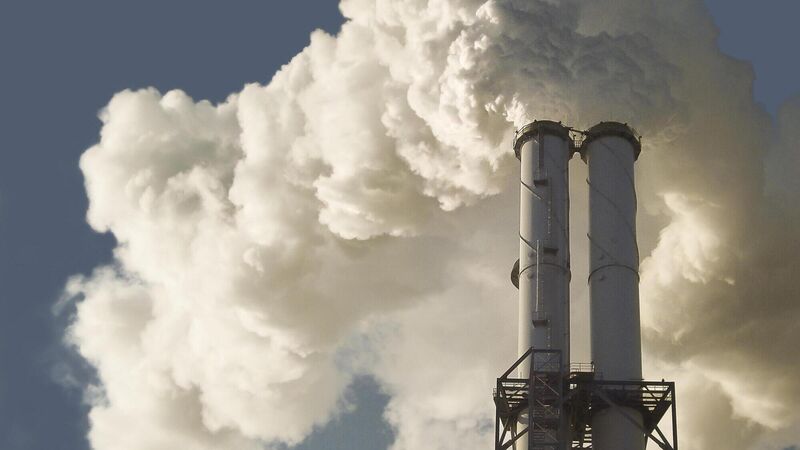Global shortages and energy costs prompt IMF to cut growth outlook

Smoke stacks of a coal-fired power plant. China is urging coal miners to boost output at industrial plants to tame the record-high coal prices.
Global shares fluctuated as investors digested concerns by the IMF that the global economic recovery has lost momentum and become increasingly divided, even as it stuck by its prediction for a robust rebound from the Covid-19 recession.
The IMF's cut in its growth outlook for the US and other major industrial powers reflected persistent supply-chain disruptions and pricing pressures.
CLIMATE & SUSTAINABILITY HUB














